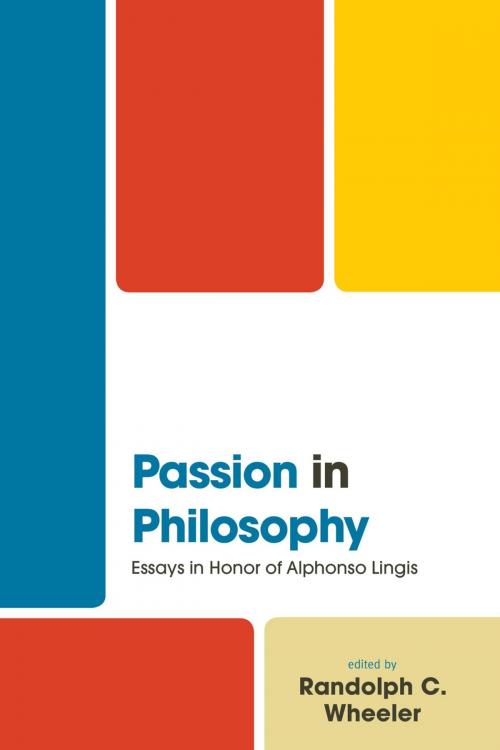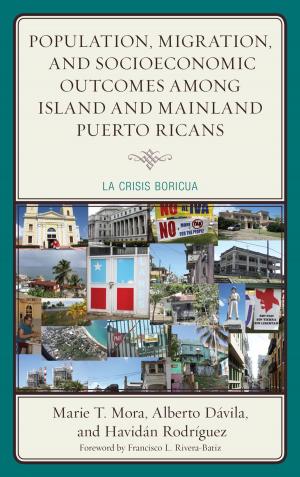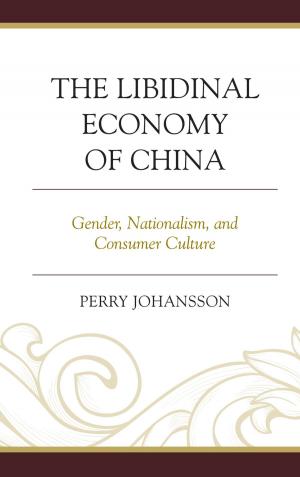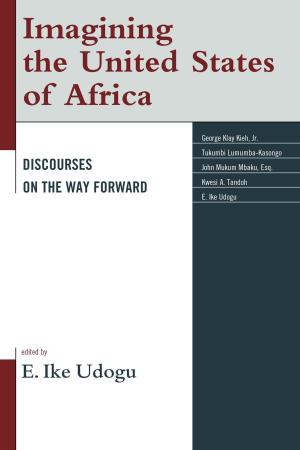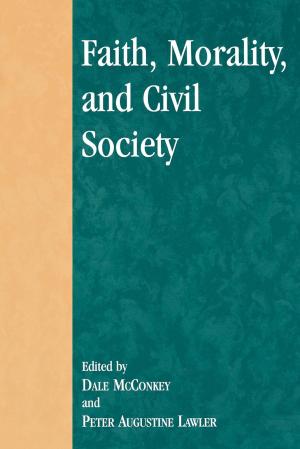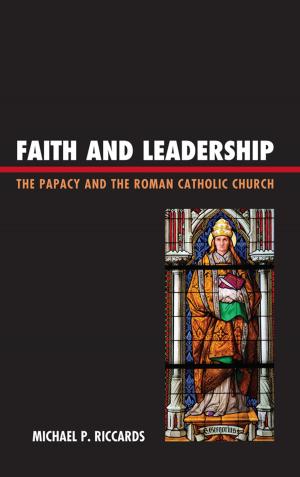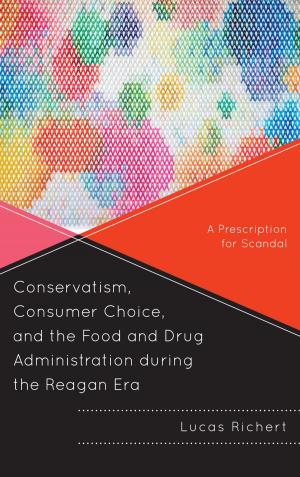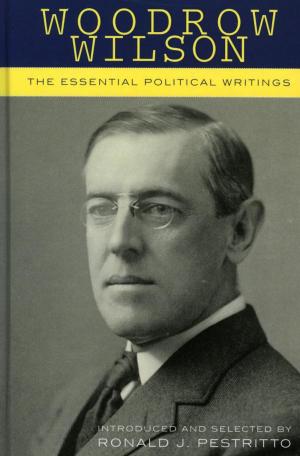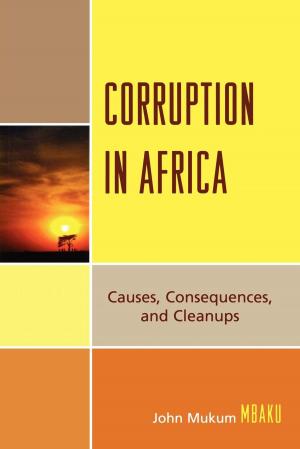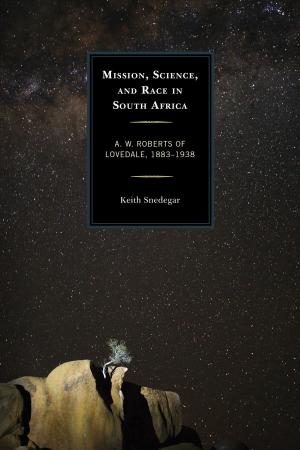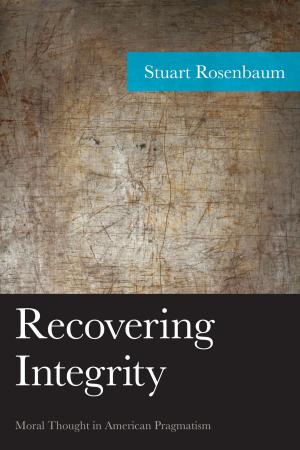Passion in Philosophy
Essays in Honor of Alphonso Lingis
Nonfiction, Religion & Spirituality, Philosophy, Phenomenology| Author: | Randolph Wheeler, Anne Ashbaugh, Wolfgang W. Fuchs, Graham Harman, Alexander E. Hooke, Alphonso Lingis, John Murungi, Emily Anne Parker, Tom Sparrow, Richard I. Sugarman, University of Vermont | ISBN: | 9781498534680 |
| Publisher: | Lexington Books | Publication: | October 26, 2016 |
| Imprint: | Lexington Books | Language: | English |
| Author: | Randolph Wheeler, Anne Ashbaugh, Wolfgang W. Fuchs, Graham Harman, Alexander E. Hooke, Alphonso Lingis, John Murungi, Emily Anne Parker, Tom Sparrow, Richard I. Sugarman, University of Vermont |
| ISBN: | 9781498534680 |
| Publisher: | Lexington Books |
| Publication: | October 26, 2016 |
| Imprint: | Lexington Books |
| Language: | English |
Among the first and foremost of American continental philosophers, Alphonso Lingis refines his own thought through a topic usually deemed unworthy of philosophical examination—passion. Lingis criticizes traditional scientific accounts of the emotions as dividing or disrupting our lives and argues for passion as a unifying force, a concept which invites philosophical exploration. The book’s structure is twofold. First, it offers an examination of Lingis’s most recent developments through the topic of passion with essays from some of the most established commentators on the work of Lingis. Second, it offers a substantial retrospective on Lingis’s thought in relation to some of the major figures in continental philosophy, namely Levinas, Kant, Heidegger, Butler, Foucault, and Nietzsche, all interweaving the theme of passion. Written to celebrate the eightieth anniversary of Lingis’s birth, these essays show how Lingis’s thought has not only endured over so many productive decades but also remains vital and even continues to grow.
Among the first and foremost of American continental philosophers, Alphonso Lingis refines his own thought through a topic usually deemed unworthy of philosophical examination—passion. Lingis criticizes traditional scientific accounts of the emotions as dividing or disrupting our lives and argues for passion as a unifying force, a concept which invites philosophical exploration. The book’s structure is twofold. First, it offers an examination of Lingis’s most recent developments through the topic of passion with essays from some of the most established commentators on the work of Lingis. Second, it offers a substantial retrospective on Lingis’s thought in relation to some of the major figures in continental philosophy, namely Levinas, Kant, Heidegger, Butler, Foucault, and Nietzsche, all interweaving the theme of passion. Written to celebrate the eightieth anniversary of Lingis’s birth, these essays show how Lingis’s thought has not only endured over so many productive decades but also remains vital and even continues to grow.
